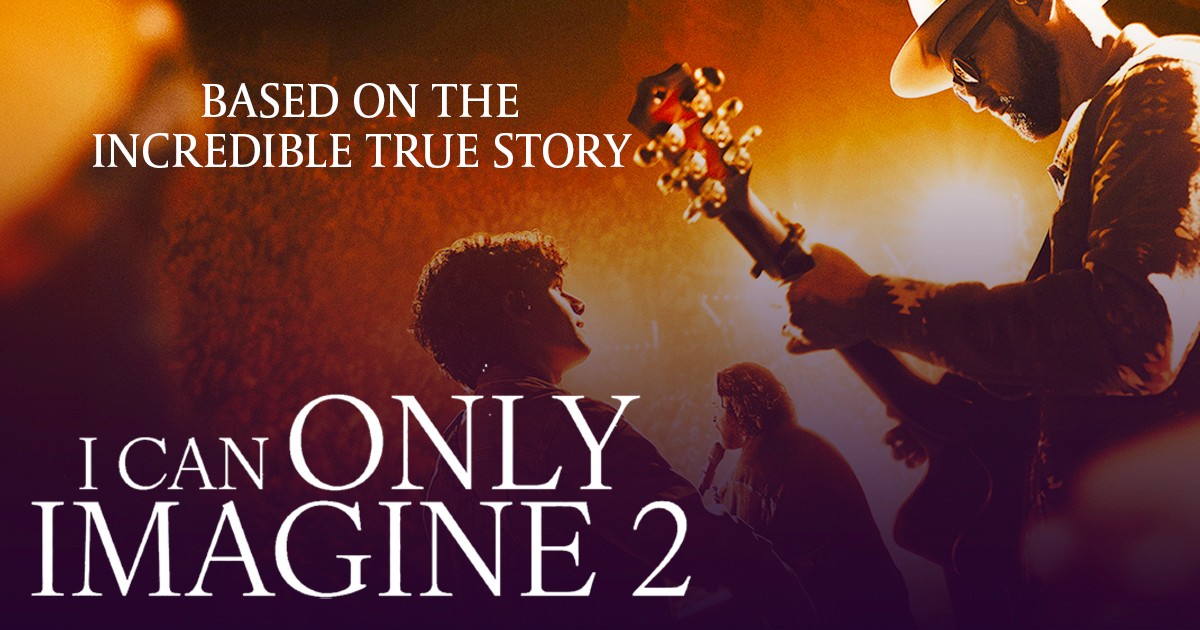In a season when millennials—the generation born between 1981 and 1996—are leaving the church in droves, we need to start asking honest questions about why. Although the answers might point a finger back at us, they might also lead us toward co-operative solutions as we engage these creative and incredible young adults. As a gen-Xer who has worked in youth ministry for almost 25 years, I would like to share my opinion on the kind of mentorship that can give today’s generation a legitimate voice in the church.
In a 2019 Forbes magazine article, contributor Marguerita Cheng wrote, “Millennials comprise the most ethnically diverse generation. This cohort is openminded … connected through the use of mobile apps and social media websites … They develop friendships with people across all races, ethnicities and genders. They are not shy about supporting diversity and inclusion at all levels of life.”
This quote reflects many of my experiences with millennials. I believe that their passion for “inclusion,” fuelled by the desire to develop deep relationships between diverse groups of people, often regardless of personal conviction or lifestyle alignment, is one of this generation’s inherent strengths. Though this passion for inclusion could create some potentially awkward conversations around our core beliefs and convictions about truth, this mindset could lead toward more productive, healthier conversations and more balanced relationships.
Walter Wright, author of Mentoring: The Promise of Relational Leadership, defines mentoring as an “intentional, exclusive, voluntary relationship between two people—a teaching/learning connection between two persons, in which both persons work to nurture the relationship and contribute to the connection.” The heart and soul of effective mentoring is rooted in healthy relationships where both parties share equally valued input, leading to an equally shared outcome. Good mentoring is hard work. But it is this sort of mentoring that fosters a legitimate voice at the table of discussion and decision-making.
What do I mean by a “legitimate voice”? An equal place at the table within our church leadership structures, one where their creativity is not only heard but embraced, endorsed and engaged. There is nothing worse than being invited to speak about something we are passionate about only to have our opinions ignored. We have probably all experienced this in a conversation or relationship, when we have the impression of being an equal contributor, with a unique and valuable perspective, only to discover that our contributions didn’t matter as much as we thought. Experiences like that can cause us to lose interest in maintaining the relationship or conversation.
So how do we embody this style of mentoring and give millennials a legitimate voice in our churches? I believe that we begin this process through meaningful dialogue, fostered by trust and equal engagement concerning who we are becoming as churches, and how our unique identities as disciples are formed individually and in co-operation with others. I believe that if we desire to be successful as mentors and implement changes that include millennials, then we need to raise up, empower and release them as the hands and feet of our church programs and core leadership structures, offering collaborative mentoring relationships along the way.
To use a biblical parallel to illustrate the importance of the voices and input of the millennial generation, consider that Jesus and his followers were essentially the same age as millennials when they changed the world. Jesus raised up young leaders and thinkers to establish the basic building blocks of our first churches, and believers today are the beneficiaries. Are we brave enough to do something similar in our practices and leadership methods as mentors? I wonder what might happen if we followed Jesus’ example and implemented this pattern in how we mentor millennials today, giving them a legitimate voice in our churches.
The reality remains that many of the best and brightest young thinkers have already left our churches and will continue to leave if we do nothing. May we resist the fear that comes with change. May we not be satisfied with a narrow worldview, from a singular generational perspective. May we have faith to embrace, endorse and engage this incredible generation in the decision-making process and leadership structures that make our churches what they are today.
Matt Delaney is the youth pastor and outreach worker at The Salvation Army’s Northridge Community Church in Aurora, Ont.
Photo: Pearl/Lightstock.com
In a 2019 Forbes magazine article, contributor Marguerita Cheng wrote, “Millennials comprise the most ethnically diverse generation. This cohort is openminded … connected through the use of mobile apps and social media websites … They develop friendships with people across all races, ethnicities and genders. They are not shy about supporting diversity and inclusion at all levels of life.”
This quote reflects many of my experiences with millennials. I believe that their passion for “inclusion,” fuelled by the desire to develop deep relationships between diverse groups of people, often regardless of personal conviction or lifestyle alignment, is one of this generation’s inherent strengths. Though this passion for inclusion could create some potentially awkward conversations around our core beliefs and convictions about truth, this mindset could lead toward more productive, healthier conversations and more balanced relationships.
Walter Wright, author of Mentoring: The Promise of Relational Leadership, defines mentoring as an “intentional, exclusive, voluntary relationship between two people—a teaching/learning connection between two persons, in which both persons work to nurture the relationship and contribute to the connection.” The heart and soul of effective mentoring is rooted in healthy relationships where both parties share equally valued input, leading to an equally shared outcome. Good mentoring is hard work. But it is this sort of mentoring that fosters a legitimate voice at the table of discussion and decision-making.
What do I mean by a “legitimate voice”? An equal place at the table within our church leadership structures, one where their creativity is not only heard but embraced, endorsed and engaged. There is nothing worse than being invited to speak about something we are passionate about only to have our opinions ignored. We have probably all experienced this in a conversation or relationship, when we have the impression of being an equal contributor, with a unique and valuable perspective, only to discover that our contributions didn’t matter as much as we thought. Experiences like that can cause us to lose interest in maintaining the relationship or conversation.
So how do we embody this style of mentoring and give millennials a legitimate voice in our churches? I believe that we begin this process through meaningful dialogue, fostered by trust and equal engagement concerning who we are becoming as churches, and how our unique identities as disciples are formed individually and in co-operation with others. I believe that if we desire to be successful as mentors and implement changes that include millennials, then we need to raise up, empower and release them as the hands and feet of our church programs and core leadership structures, offering collaborative mentoring relationships along the way.
To use a biblical parallel to illustrate the importance of the voices and input of the millennial generation, consider that Jesus and his followers were essentially the same age as millennials when they changed the world. Jesus raised up young leaders and thinkers to establish the basic building blocks of our first churches, and believers today are the beneficiaries. Are we brave enough to do something similar in our practices and leadership methods as mentors? I wonder what might happen if we followed Jesus’ example and implemented this pattern in how we mentor millennials today, giving them a legitimate voice in our churches.
The reality remains that many of the best and brightest young thinkers have already left our churches and will continue to leave if we do nothing. May we resist the fear that comes with change. May we not be satisfied with a narrow worldview, from a singular generational perspective. May we have faith to embrace, endorse and engage this incredible generation in the decision-making process and leadership structures that make our churches what they are today.
Matt Delaney is the youth pastor and outreach worker at The Salvation Army’s Northridge Community Church in Aurora, Ont.
Photo: Pearl/Lightstock.com
This story is from:










Leave a Comment